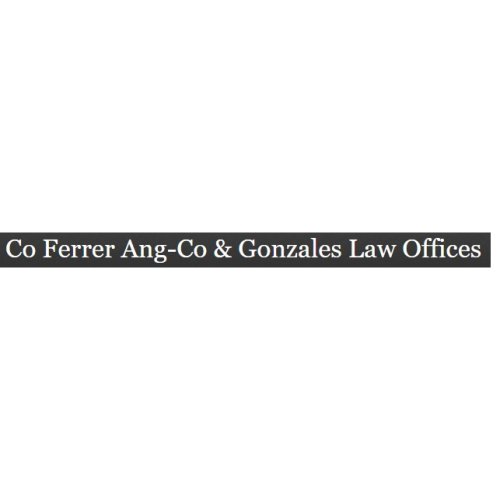Best Real Estate Lawyers in San Juan
Share your needs with us, get contacted by law firms.
Free. Takes 2 min.
Free Guide to Hiring a Real Estate Lawyer
List of the best lawyers in San Juan, Philippines
Browse real estate law firms by service in San Juan, Philippines
San Juan, Philippines Attorneys in related practice areas.
Philippines Real Estate Legal Questions answered by Lawyers
Browse our 15 legal questions about Real Estate in Philippines and the lawyer answers, or ask your own questions for free.
- Unlawfully on our property
- We own a house and lot in Tagaytay area ( 3,600 m2 ). My parents stay in that house. One of my brothers is unlawfully ( without our permission !!! ) staying in that house. We want him to leave our property immediately. What can we do?
-
Lawyer answer by Iqbal International Law Services
you have to served legal notice through lawyer and thereafter have to file case in the court if not comply.
Read full answer - Puwede po bang mapaalis ang squatter sa lote ko ?
- Maari pa po bang mapaalis ang squatters sa lote ko na mga 40 to 50 yrs na pong nakatayo sa lote ko ? Lagi ko po silang kinakausap noong mga 1 to 2 yrs pa lang silang nakatira. Sa tuwing uuwi po ako, pinapasyalan ko po sila at sinasabihan na... Read more →
-
Lawyer answer by Atty. Rainier Mamangun
You may consider sending the occupants of your property a Demand to Vacate, through a lawyer, by way of initial remedy. Thereafter, and if still necessary, you may file a case in court for ejectment.
Read full answer - Purchase a house
- Hi, we plan to buy a secondhand house or ready to move in house, what are the documents we need to ask the seller or broker to provide?
-
Lawyer answer by Atty. Rainier Mamangun
Among the documents you may need from the seller in this transaction are copies of the title to the property, tax declaration, proof of payment of annual real property tax, and the seller's valid ID. Of course, you would need...
Read full answer
Disclaimer:
The information provided on this page is for general informational purposes only and does not constitute legal advice. While we strive to ensure the accuracy and relevance of the content, legal information may change over time, and interpretations of the law can vary. You should always consult with a qualified legal professional for advice specific to your situation. We disclaim all liability for actions taken or not taken based on the content of this page. If you believe any information is incorrect or outdated, please contact us, and we will review and update it where appropriate.








